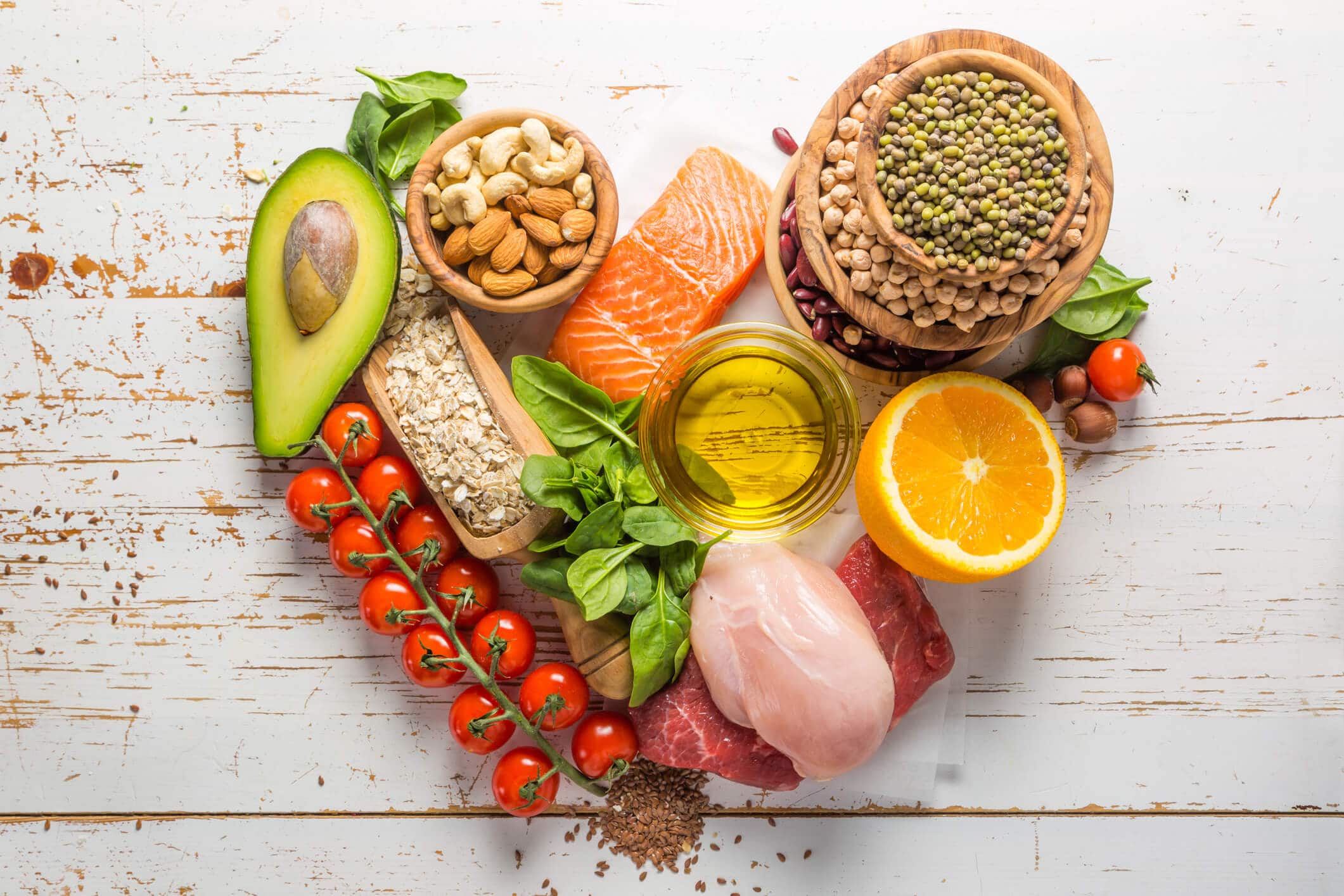
16 Feb Why A Low Salt, Sugar, And Oil Diet Is Good for Heart Health
While salt, sugar, and oils are good for our health, excessive consumption often leads to adverse effects. In this article, we tackle how each of these items affects your heart health, and how you can reduce the intake for better heart health.
Salt and Heart Disease
What we know as salt is sodium chloride. Your body needs sodium to control nerve impulses, to contract and relax muscles, and to control water and mineral uptake. You require around 500 grams of sodium daily to maintain regular functions.
Too much sodium in your diet causes problems in the body. The kidneys have problems controlling excess sodium in the blood. As the level of sodium in the blood increases, your body holds more water to dilute it. This increases the amount of fluid in your cells and the volume of blood in your bloodstream. Over time, your heart works more to control the blood, causing high blood pressure, stiffened blood vessels and heart attacks.
A majority of the sodium you consume comes from commercially prepared foods such as bread, pizza, sandwiches, and snacks. Avoiding these types of foods is an effective way to reduce sodium intake and in turn, prevent heart disease. Most unprocessed foods such as fruits, vegetables, meats and whole grains are low on sodium and healthy for your body.
Sugar and Heart Disease
As sweet as it is, sugar is a bitter ingredient when it comes to your heart’s health. Sugar occurs naturally in carbohydrates dairy, fruits, and vegetables. Your body relies on this sugar to fuel your activities. However, excessive consumption of sugar is dangerous for your health.
Artificially added sugars pose the most significant risk to your health. Foods such as soft drinks, flavored yogurts, breakfast cereal, cakes and candy have excess sugar. Research shows that people who get their calories from added sugars have a 38% higher risk of dying from cardiovascular disease compared to those that draw their calories from naturally-occurring sugars.
Consuming sugar can overload your liver. The liver metabolizes the sugar and turns it into fat, which increases your risk of developing heart disease. Sugar can also raise your blood pressure and trick your body into consuming more calories which causes diabetes and heart disease eventually.
Oil and Heart Disease
The idea of fats and their relation to heart disease is not new. Saturated fats and trans fats increase the amount of cholesterol in your body, which increases the risk of developing heart attacks, arteriosclerosis, and high blood pressure. Processed foods such as burgers, fries, hot dogs, deli meats, and products like hard margarine, ghee, and butter increase the cholesterol in your body.
To reduce fat intake and improve healthy oil intake, you can consume foods such as avocados, nuts, olive oil and canola oil, cold-water fish, walnuts, flaxseed, and soybean oil.
The Spring Resort and Spa
Healthy living is a daily commitment. We at The Spring Resort and Spa aspire to promote your health through the provision of healthy diets in a healthy environment. To learn more about your health, visit The Spring today.
